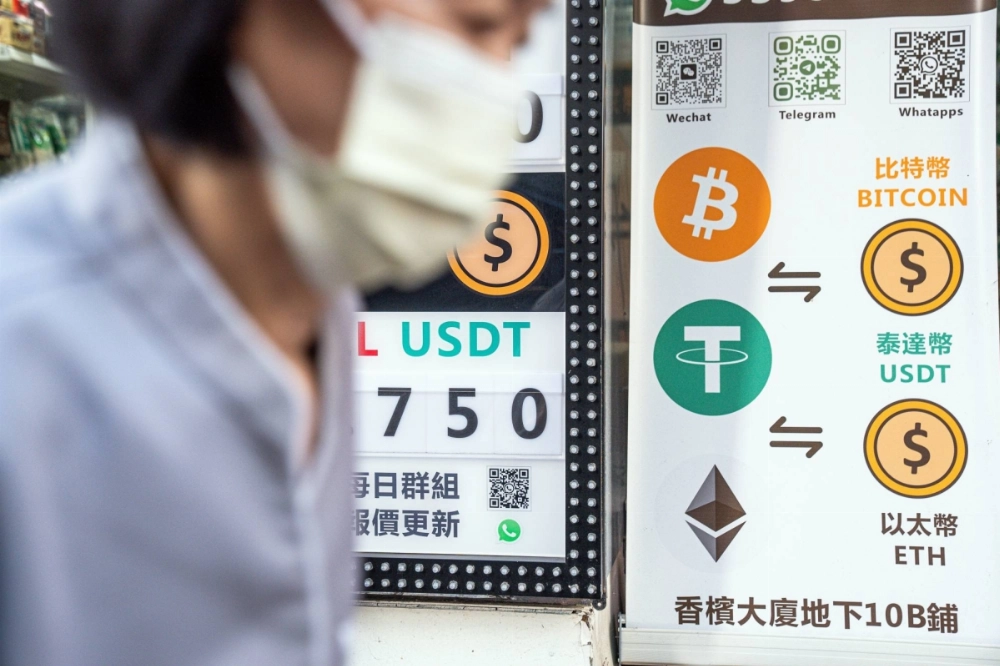Beijing didn’t take Mark Zuckerberg lightly when he came up with his grand idea of a world currency, one that could meet the "daily financial needs of billions of people.” Nor is it ignoring the current buildup of excitement around stablecoin regulation in the U.S.
China’s powerful e-commerce firms and Hong Kong’s financial chops have prepared it well against the upcoming tsunami of digital dollars.
The Facebook founder’s 2019 Libra blockchain (renamed Diem) threatened to unleash a similar wave of dollarization, in which the greenback — or a synthetic payment unit dominated by it — would supplant local currencies.


















With your current subscription plan you can comment on stories. However, before writing your first comment, please create a display name in the Profile section of your subscriber account page.